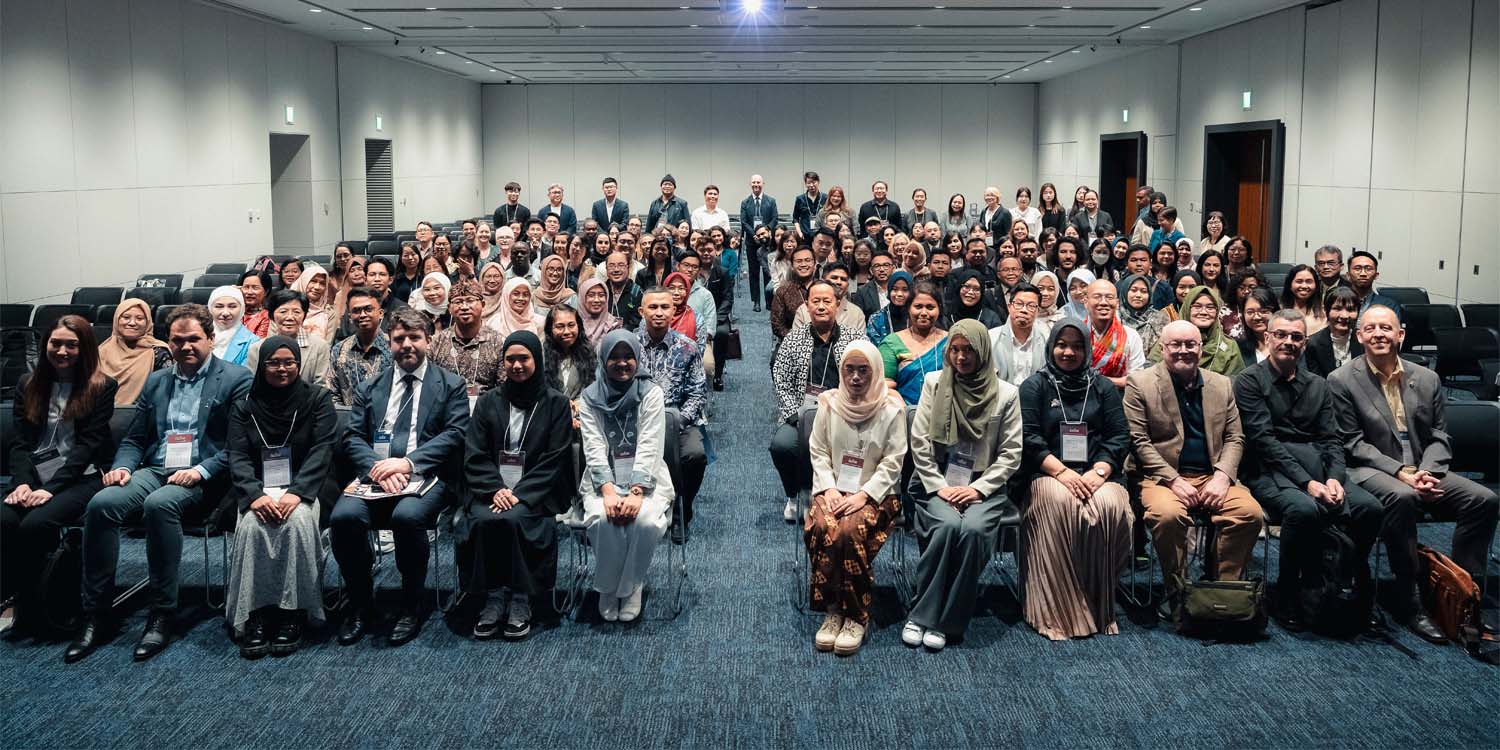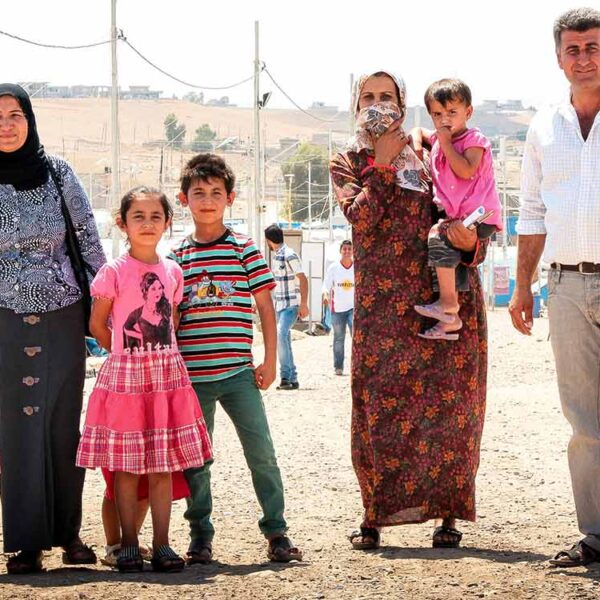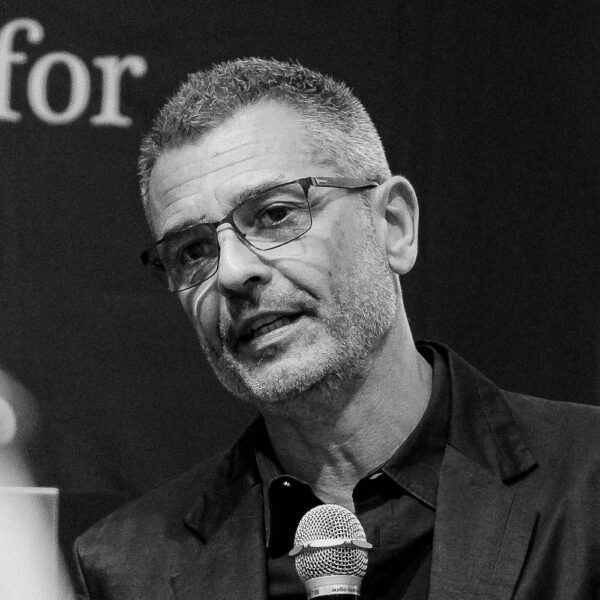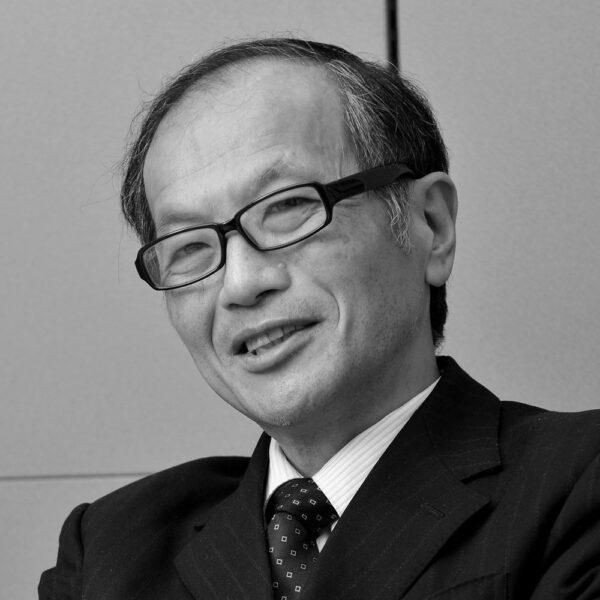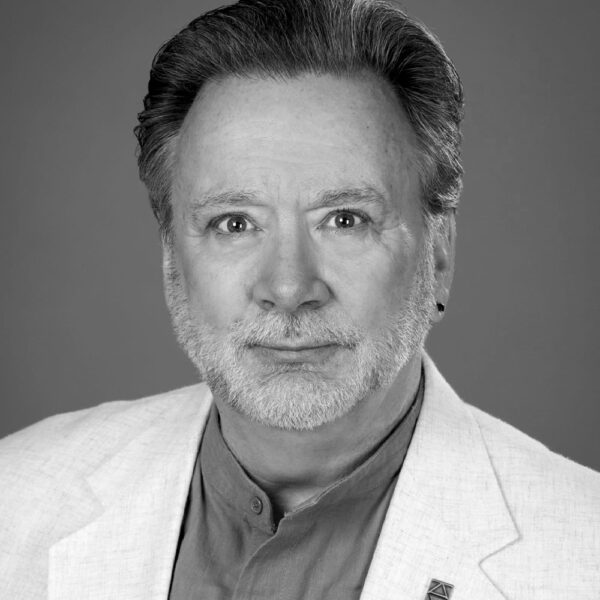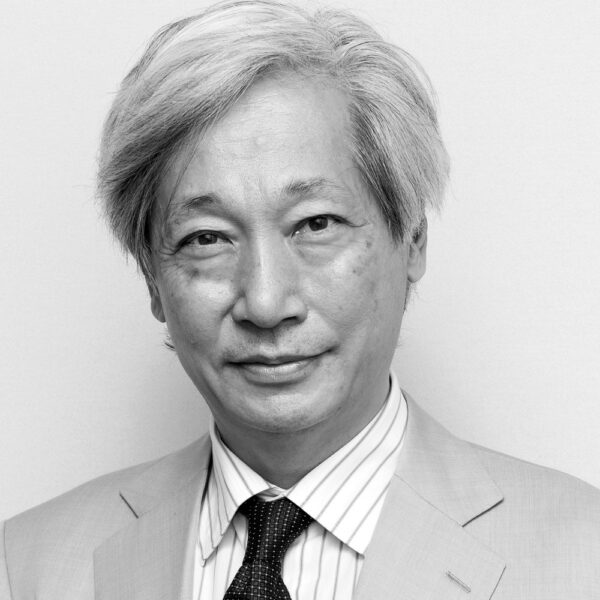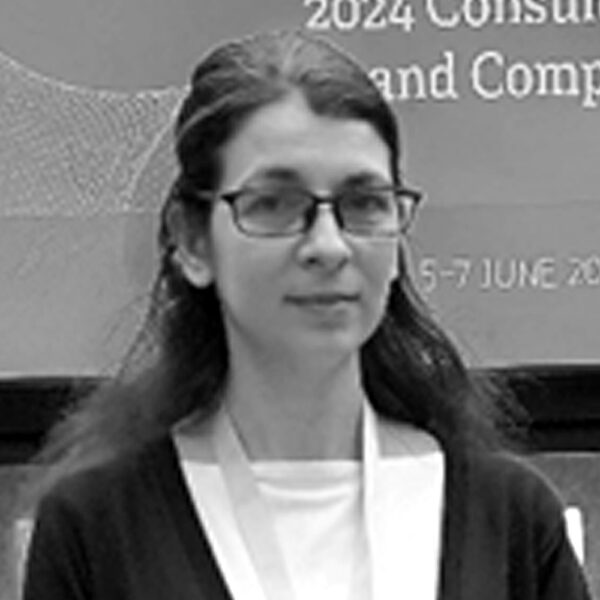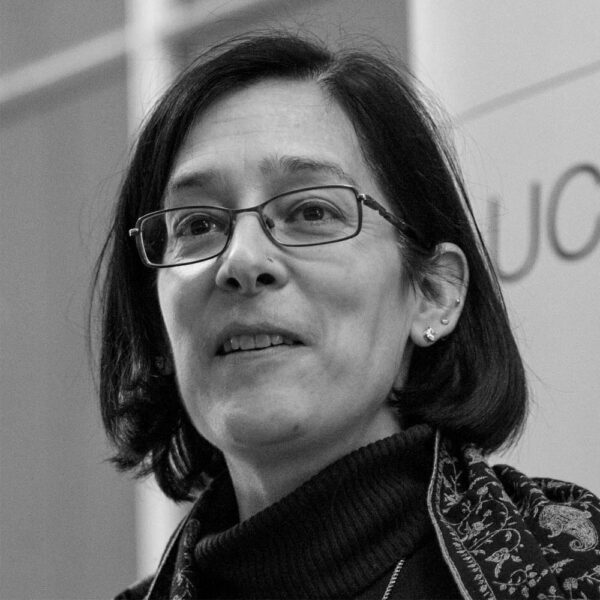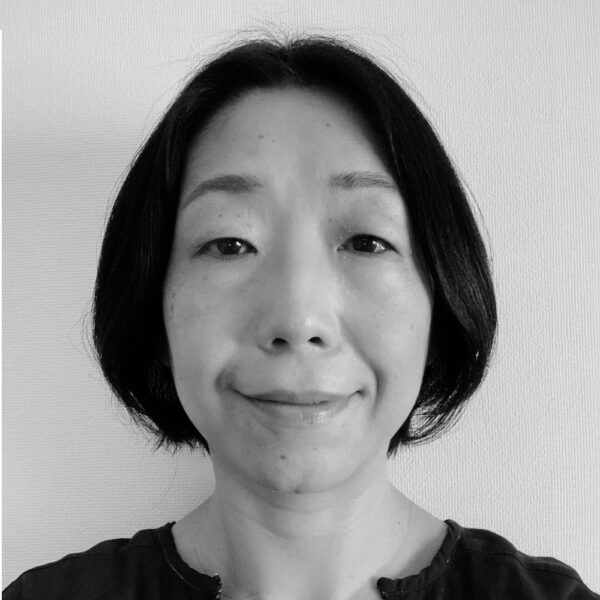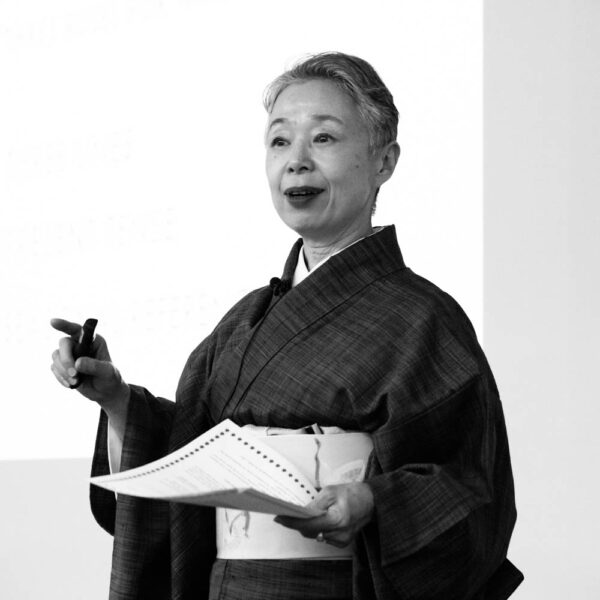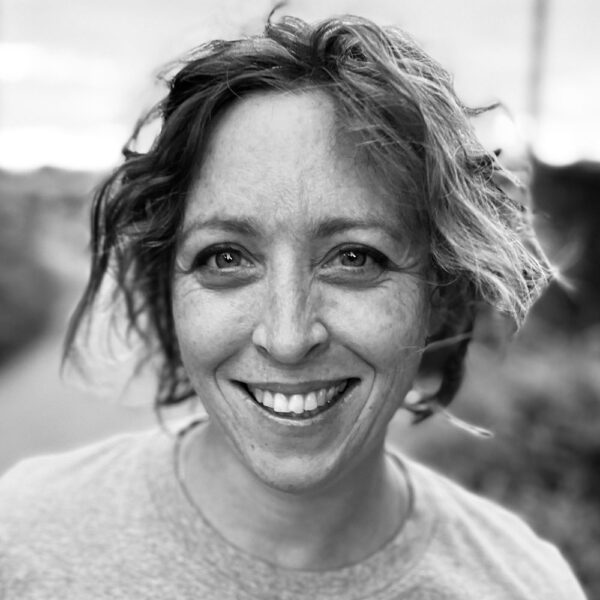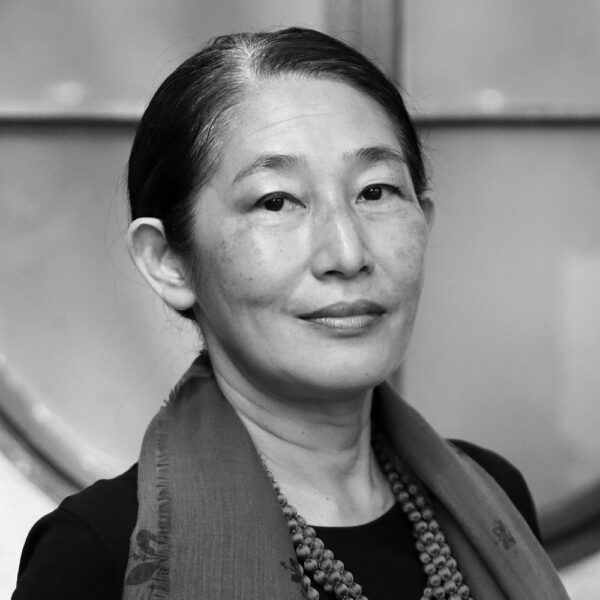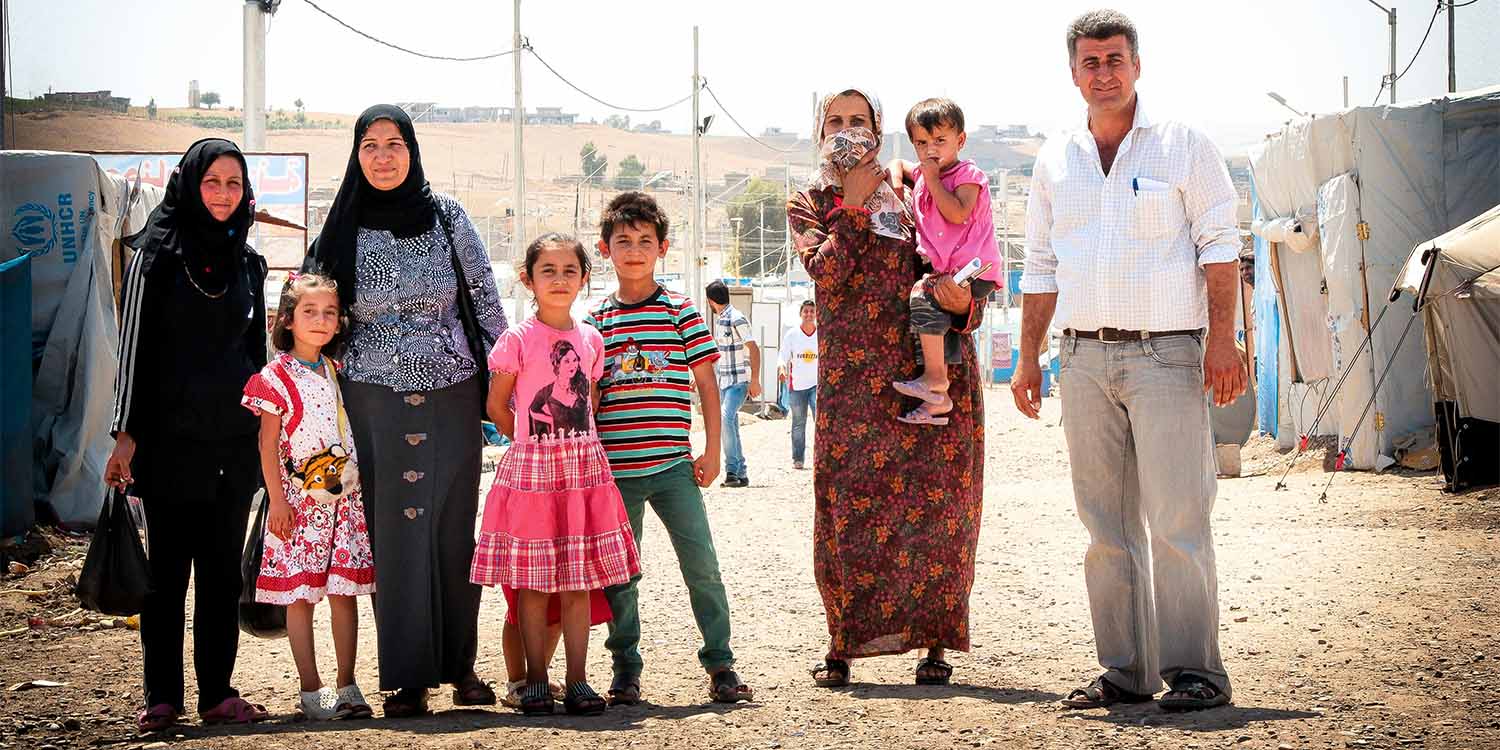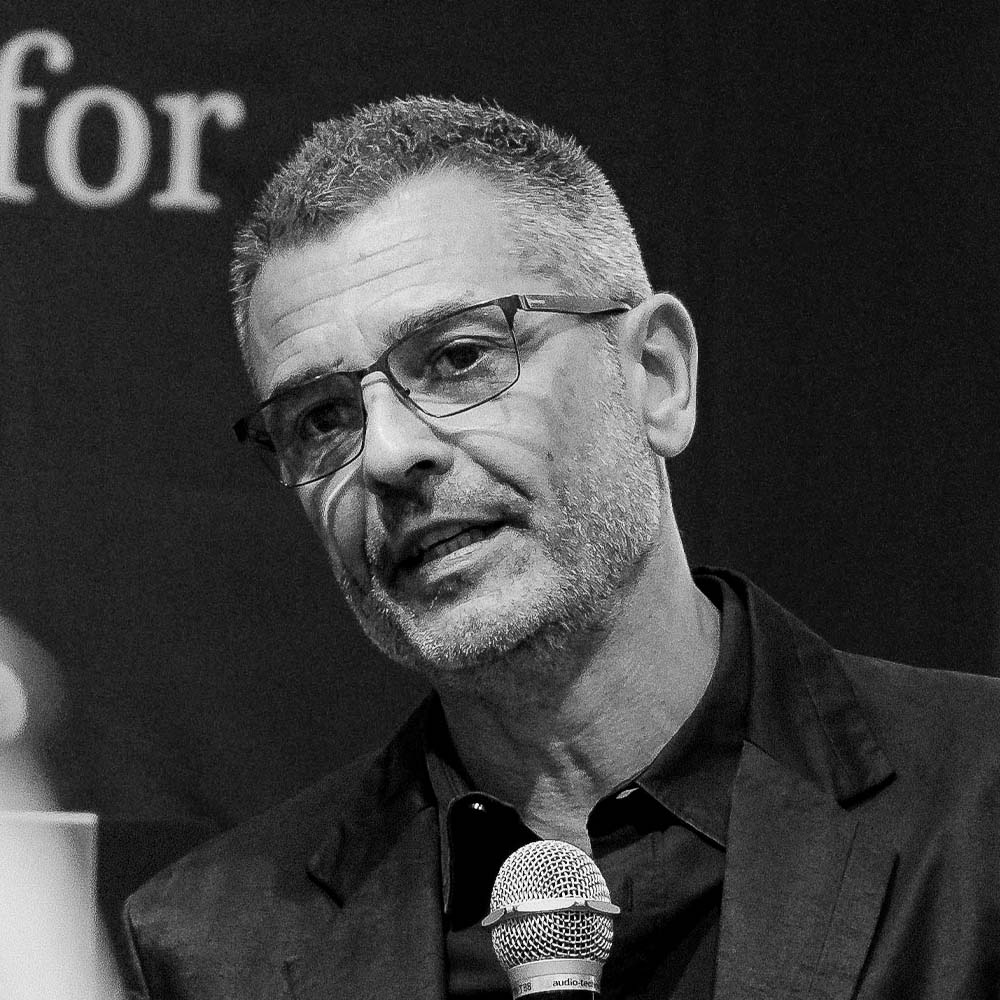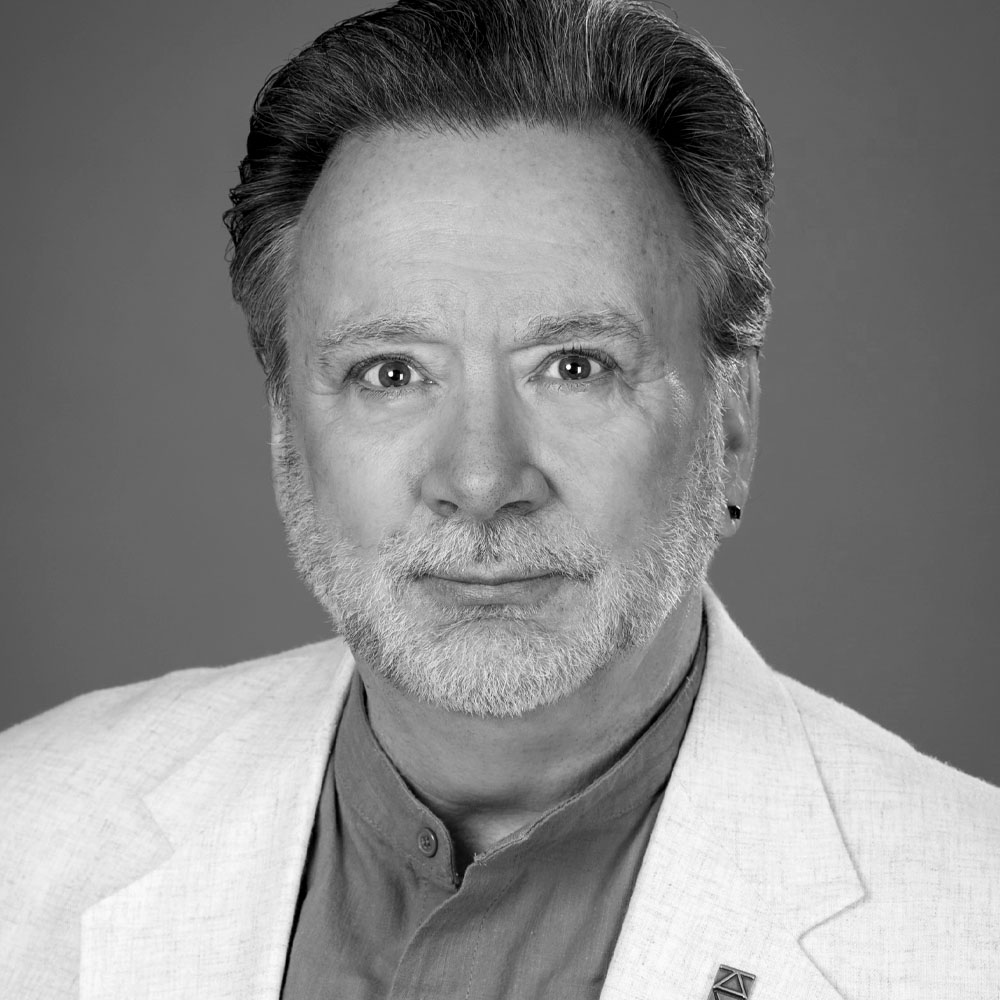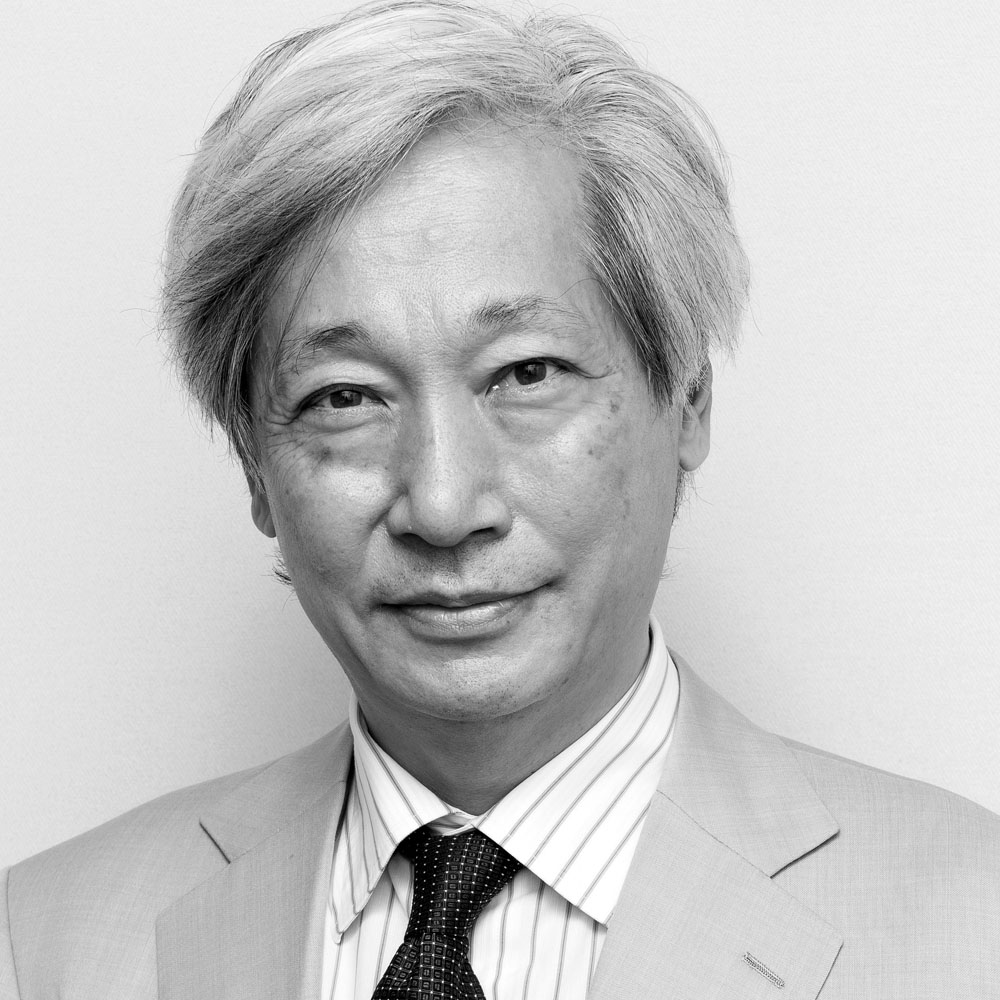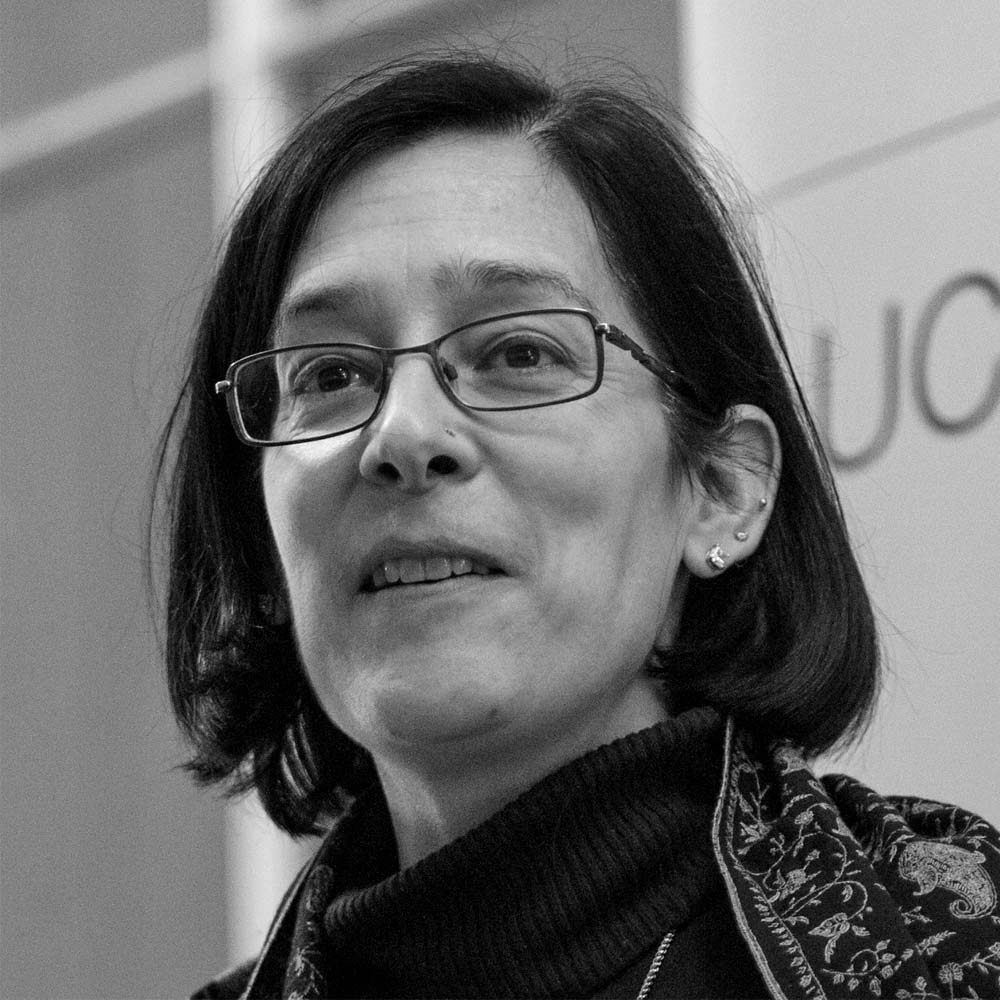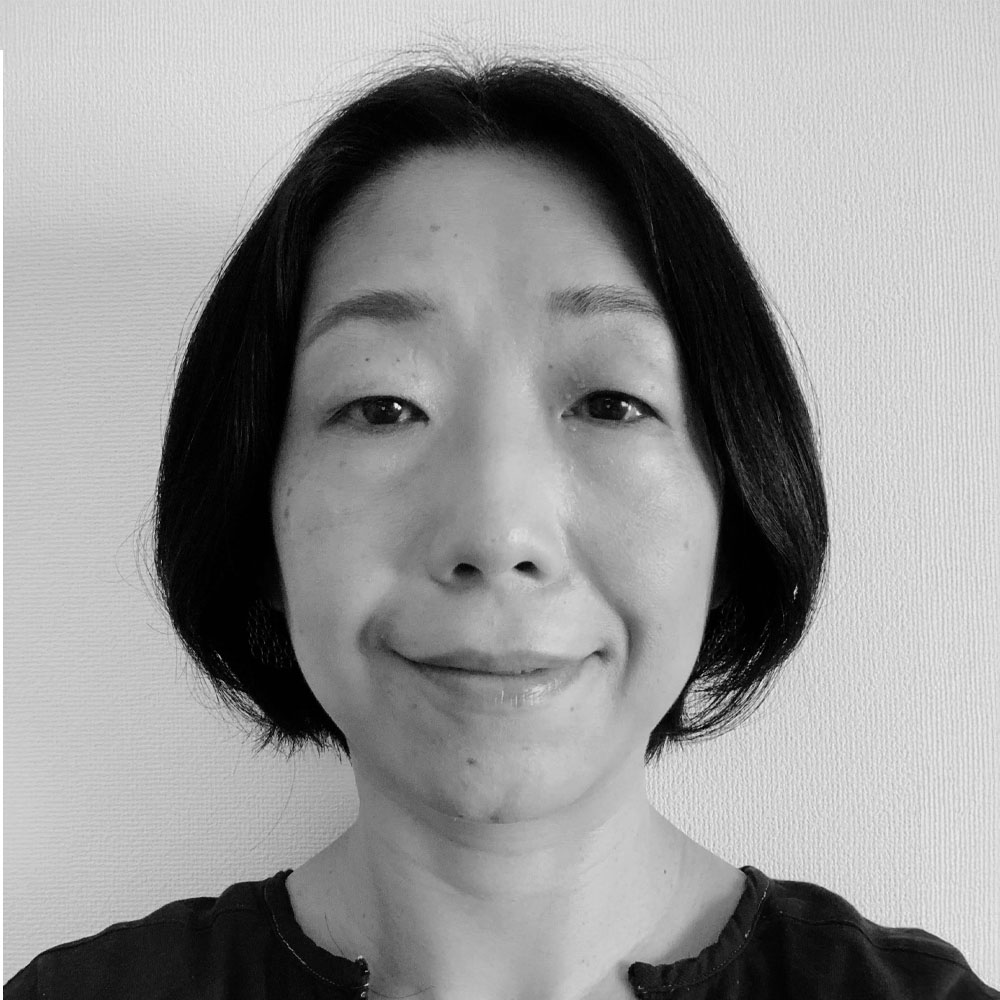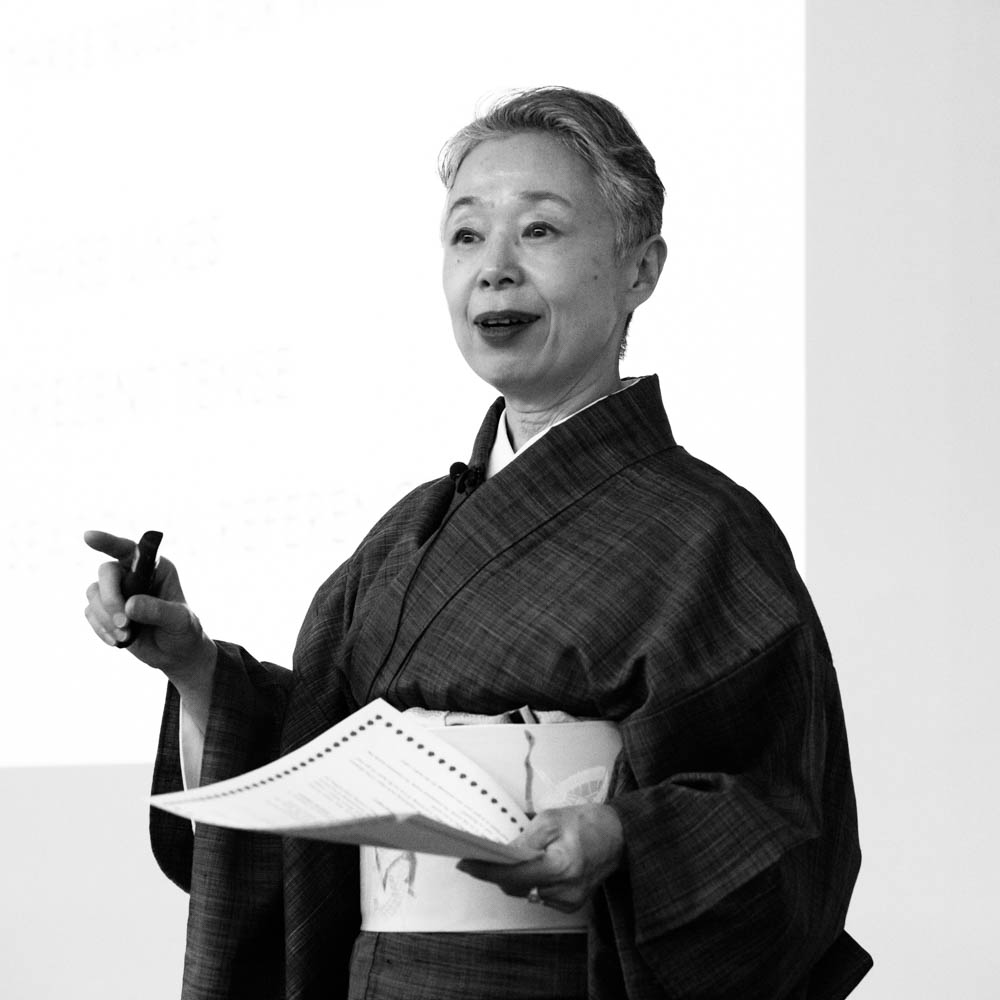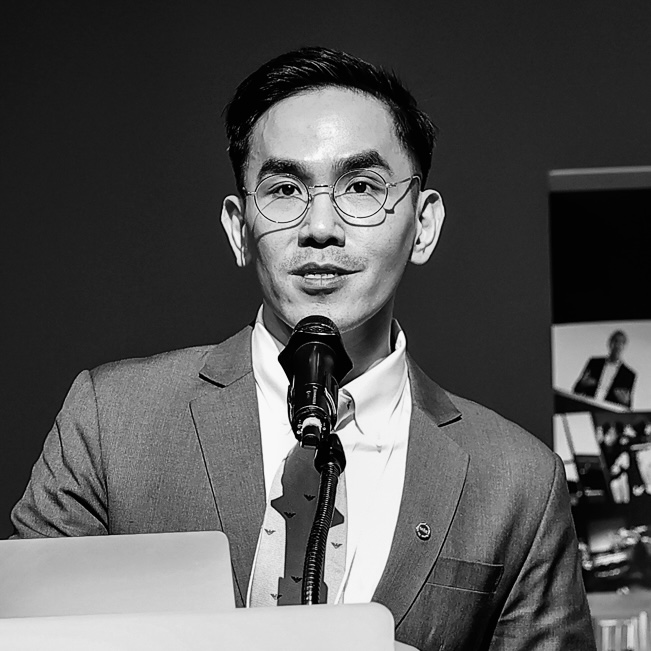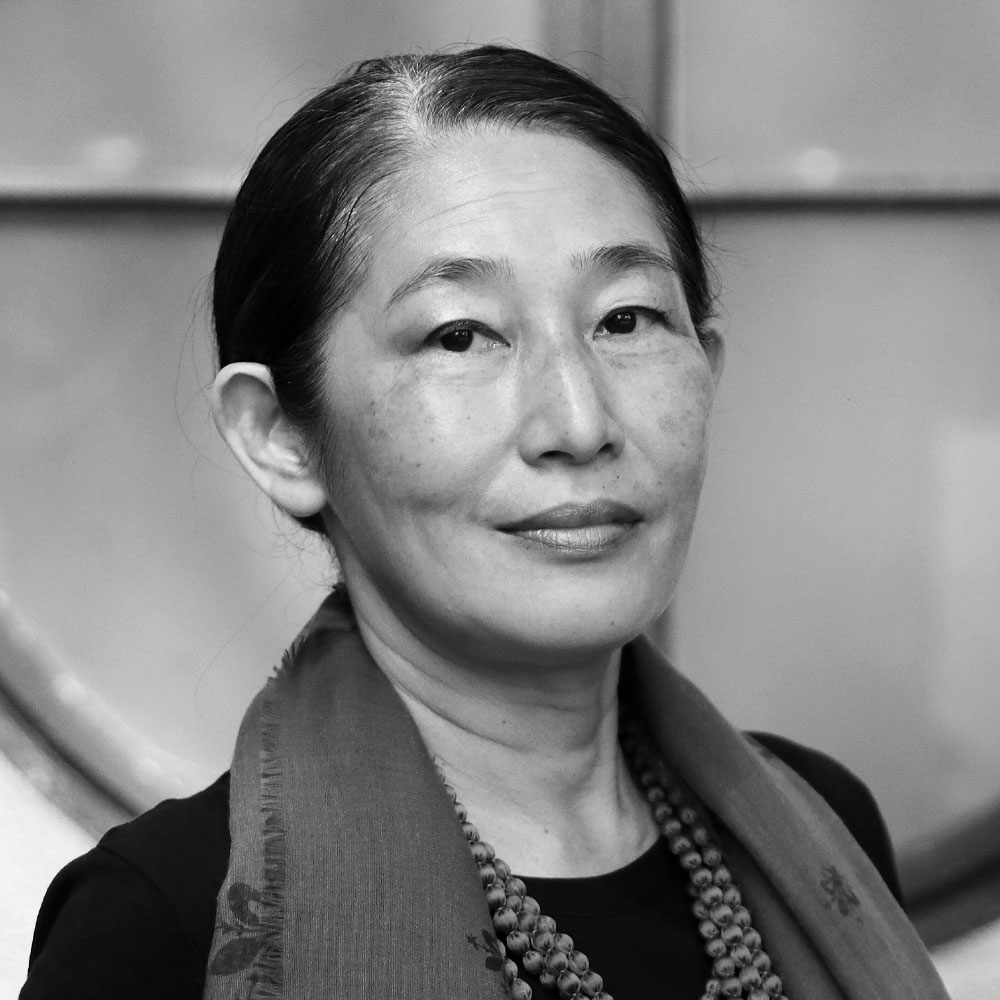ACCS2025
May 11-16, 2025 | Toshi Center Hotel, Tokyo, Japan, and Online
IAFOR’s May Conference Series, held in late spring in Tokyo, and brought together conferences in the Arts and Humanities (ACAH2025), Social Sciences (ACSS2025) and Cultural Studies (ACCS2025), including 570 delegates from more than 50 countries!
The International Academic Forum’s events are a celebration of the international, intercultural, and interdisciplinary, and made possible by the great diversity of attendance from around the world. They are unique, comparative, and contrastive intellectual spaces for exchange and engagement, and allow us to learn from each other in an environment of scholarly collaboration and conviviality.
Programme
-
Swimming Together: World-Making with Everyday PracticesKeynote Presentation: Rebecca Olive
-
Peace Education in Times of ConflictPanel Presentation: Umberto Ansaldo, Jun Arima, Kiichi Fujiwara
-
Harnessing Technology and Artificial Intelligence for Displaced Population EmpowermentPanel Presentation: Fan Li, Souzan Housseini
-
Turning the Faucet to Full: Expanding the Use of Bormann’s Symbolic Convergence Theory (SCT) in Asian Humanities, Social Science, and Cultural Studies ResearchKeynote Presentation: Thomas G. Endres
-
Global Citizenship: Cultivating a Culture of PeaceForum Discussion: Apipol Sae-Tung, Umberto Ansaldo
Speakers
-
Umberto AnsaldoVinUniversity, Vietnam
-
Jun ArimaUniversity of Tokyo, Japan
-
Thomas G. EndresUniversity of Northern Colorado, United States
-
Kiichi FujiwaraJuntendo University, Japan
-
Suzan HusseiniWaseda University, Japan
-
Marie LallUniversity College London, United Kingdom and Keio University, Japan
-
Fan LiStanford Social Innovation Review, Japan
-
Emiko MiyashitaHaiku International Association, Japan
-
Rebecca OliveRoyal Melbourne Institute of Technology University, Australia
-
Apipol Sae-TungIAFOR, Japan
-
Kyoko UchimuraHaiku International Association, Japan
Conference Committees
The International Academic Board (IAB)
Professor Anne Boddington, IAFOR, Japan (IAB Chair)
Dr Joseph Haldane, IAFOR & Osaka University, Japan, & University College London, United Kingdom
Professor Jun Arima, IAFOR & University of Tokyo, Japan
Professor Virgil Hawkins, IAFOR Research Centre & Osaka University, Japan
Mr Lowell Sheppard, IAFOR & Never Too Late Academy, Japan
Professor Umberto Ansaldo, VinUniversity, Vietnam
Dr Susana Barreto, University of Porto, Portugal
Professor Grant Black, Chuo University, Japan
Dr Evangelia Chrysikou, Bartlett School of Sustainable Construction, University College London, United Kingdom
Professor Donald E. Hall, Binghamton University, United States
Professor Brendan Howe, Ewha Womans University, South Korea & The Asian Political and International Studies Association (APISA)
Dr James W. McNally, University of Michigan, United States & NACDA Program on Aging
Conference Programme Committee
Professor Umberto Ansaldo, VinUniversity, Vietnam
Professor Yasue Arimitsu, Doshisha University, Japan
Dr Sue Ballyn, University of Barcelona, Spain
Keiko Bang, Bang Singapore Pte Ltd., Singapore
Dr Thomas G. Endres, University of Northern Colorado, United States
Dr Darlene Machell Espena, Singapore Management University, Singapore
Professor Lorna Piatti-Farnell, Auckland University of Technology, New Zealand
Professor Gerard Goggin, Nanyang Technological University, Singapore
Dr Joseph Haldane, The International Academic Forum (IAFOR), Japan
Professor Donald E. Hall, Binghamton University, United States
Professor Baden Offord, Centre for Human Rights Education, Curtin University, Australia & Cultural Studies Association of Australasia
Professor Seiko Yasumoto, University of Sydney, Australia
Conference Review Committee
Professor Ferruh Mutlu Binark, Hacettepe University, Turkey
Professor Teresa Chen, California State University-Long Beach, United States
Dr Gregory Paul Glasgow, Kanda University of International Studies, Japan
Dr Cecilia Ikeguchi, Gakushuin University ISS, Japan
Dr Ruchika Jain, Thapar Institute of Engineering and Technology, India
Professor William Kunz, University of Washington Tacoma, United States
Dr Chunyao Li, Jinan University, China
Dr Ibrahim Noorani, Benazir Bhutto Shaheed University, Pakistan
Dr Leizel Parreno, West Visayas State University, Philippines
Dr Velu Perumal, UNIVERSITI PUTRA MALAYSIA, Malaysia
Dr Onumpai Samkhuntod, Kasetsart University, Thailand
Dr Adelfa Silor, Mindanao State University-Iligan Institute of Technology, Philippines
Dr Sai Chandra Mouli Timiri, Osmania University, India

